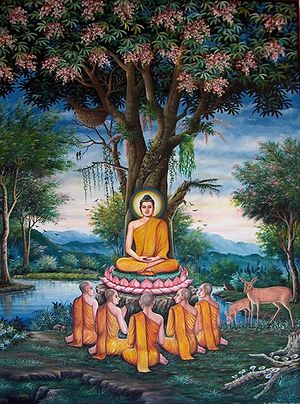Apparently, the DVR/Cable box uses as much energy as a refrigerator.
The trend toward always on, always on the starting line devices is something that is both expensive, and a bit troubling.
It’s also one of those great statistics to keep in the back of your head for energy debates. Look at what most Americans use power to do!


